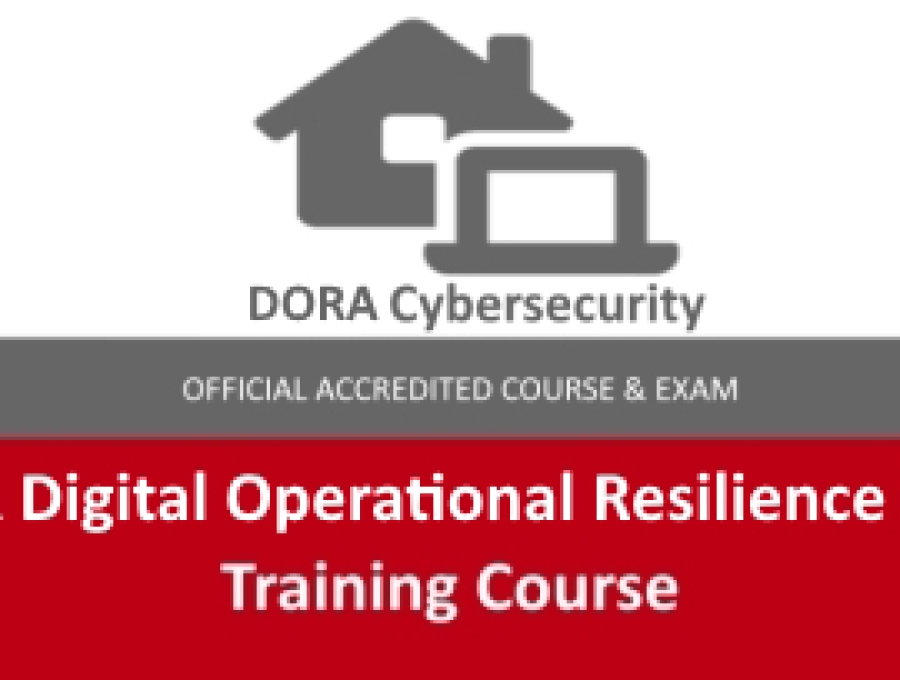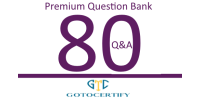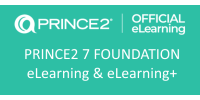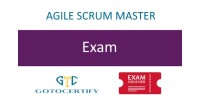Course Description
Objectives
Our courses are designed with a strong emphasis on practical applications. The theoretical elements are enhanced through exercises simulating real-world cybersecurity scenarios. Digital operational resilience refers to the ability of a financial entity to build, assure, and review its operational integrity and reliability by ensuring, either directly or indirectly through the use of services provided by ICT third-party service providers, the full range of ICT-related capabilities needed to address the security of the network and information systems which a financial entity uses, and which support the continued provision of financial services and their quality, including throughout disruptions.
Who it is addressed to
The DORA Foundation course is designed for professionals in the financial services sector, including risk managers, compliance officers, IT specialists, cybersecurity experts, operational resiliency teams, and decision-makers. It is ideal for those involved in regulatory compliance, risk management, and digital transformation initiatives within financial institutions, as well as consultants and auditors working with these organizations.
Contents of the DORA Foundation course
-
Introduction to DORA: Overview of the Digital Operational Resilience Act Objectives and significance of DORA in the financial ecosystem Scope and applicability of the regulation
-
Key Principles of Operational Resilience: Understanding operational resilience and its components, The role of business continuity and disaster recovery, The importance of technology and information systems
-
Risk Management Framework: Developing a robust risk management framework in line with DORA, Identification and assessment of digital risks, Strategies for risk mitigation and management,
-
Incident Reporting and Response: Requirements for incident detection, reporting, and management, Building an effective incident response plan, Case studies of incident management in practice
-
Third-Party Risk Management: Evaluating the risks associated with third-party service providers, Regulatory expectations for outsourcing and vendor management, Best practices for ensuring third-party resilience
-
Compliance and Governance: Overview of compliance requirements under DORA, Role of governance structures in operational resilience, Importance of training and culture in fostering compliance
Hands-on exercises are provided at the end of each section to reinforce learning and prepare for the exam.
Trainer
BITIL.COM lecturers are accredited (Accredited Trainer) by the international training body to teach and supervise exams; specialists in Cybersecurity, they are professionals with many years of experience in best practice adoption projects in medium and large Organization, able to transfer a software vendor-independent and totally business-oriented implementation approach.








